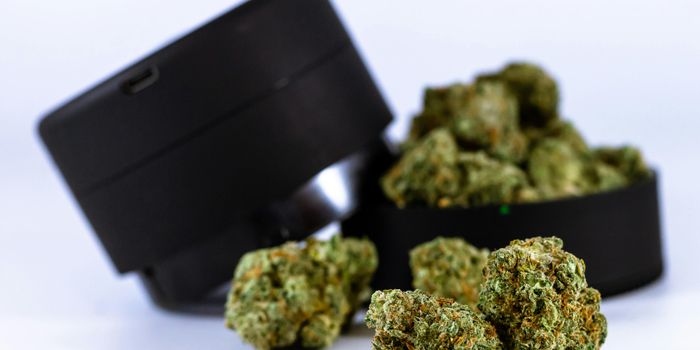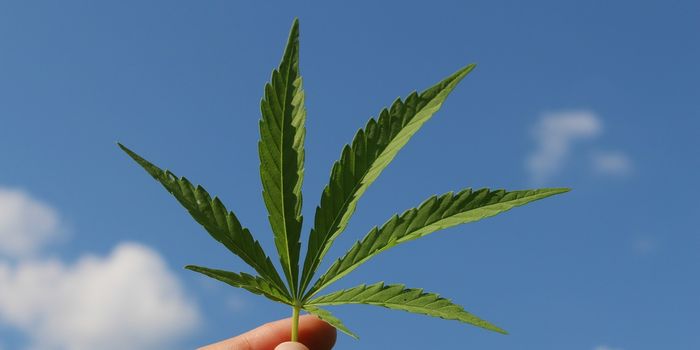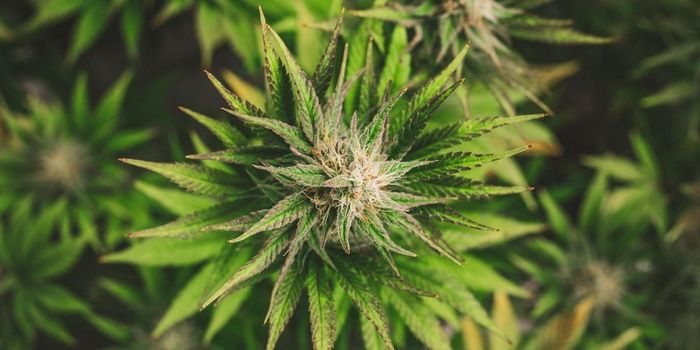Vaporized Cannabis has Similar Effects on Teens and Adults
A study found that the short-term effects of vaporized cannabis do not differ between adolescents and adults. The study assessed the effects of cannabis vaporization on consumers of different ages. The study involved analysis of participant responses to inhaling cannabis-infused vapors, such as Puff CBD, with differing levels of CBD.
The participants included 24 adolescents (16-17 years old) and 24 adults (26-29 years old). They were already regular users of cannabis (several days per week). The participants inhaled three types of vaporized cannabis under medical supervision. On three separate weeks, the participants consumed either a placebo, or a strain of cannabis high in delta-9-tetrahydrocannabinol (THC, the main psychoactive component), or a high-CBD and high-THC version (consisting of the same level of THC and also containing CBD). These doses were comparable to amounts consumed by regular recreational users.
The participants reported how the drug was affecting them at regular intervals. They completed tests assessing their verbal memory and changes in mood or behavior or any experiences of delusions, cognitive disorganization, or paranoia. The participants reported various effects of cannabis in the THC and THC+CBD conditions: feeling high, feeling anxious, having mild transient psychotic-like experiences, and memory impairment. The study indicated that 16- to 17-year-old cannabis users were less sensitive to the acute harmful effects than adults. The researchers noted that CBD levels did not impact the subjective feel. They also found no evidence of a connection between CBD levels and memory impairment or psychotic-like effects.
The study highlights the need for additional research on how cannabis affects the teen brain, substance abuse prevention initiatives targeting teens, and responsible consumption practices for adults. Lead author Dr. Will Lawn said: “Immediately following consumption, cannabis can elicit psychotic-like effects, and impair verbal memory, and adolescents in our study who regularly smoke cannabis were just as vulnerable to this as the adults were.” Dr. Lawn explained that adolescent substance abuse could significantly impact this developmental stage when teens are susceptible to developing mental health problems.
Sources: Addiction, Eureka News Alert








